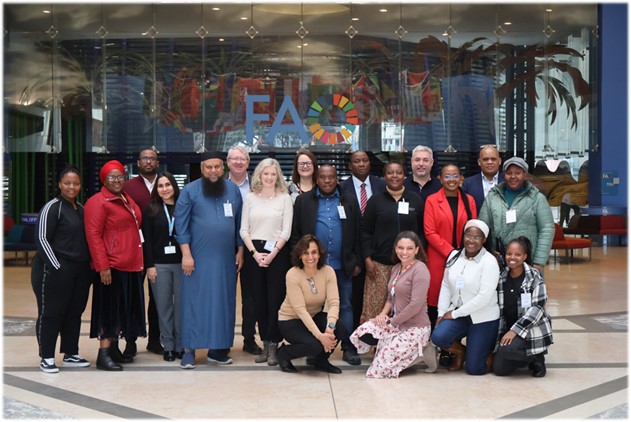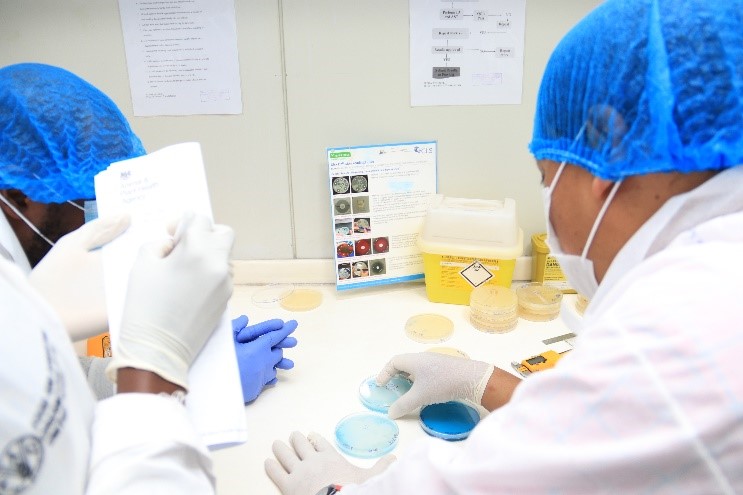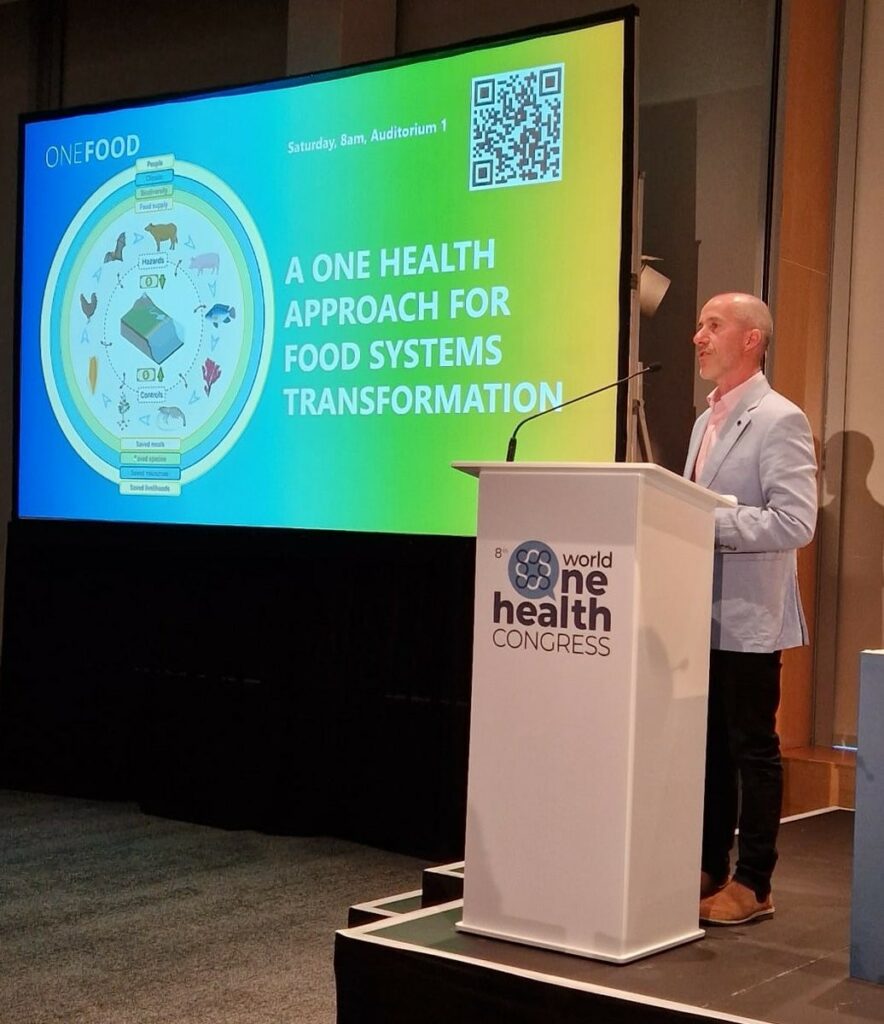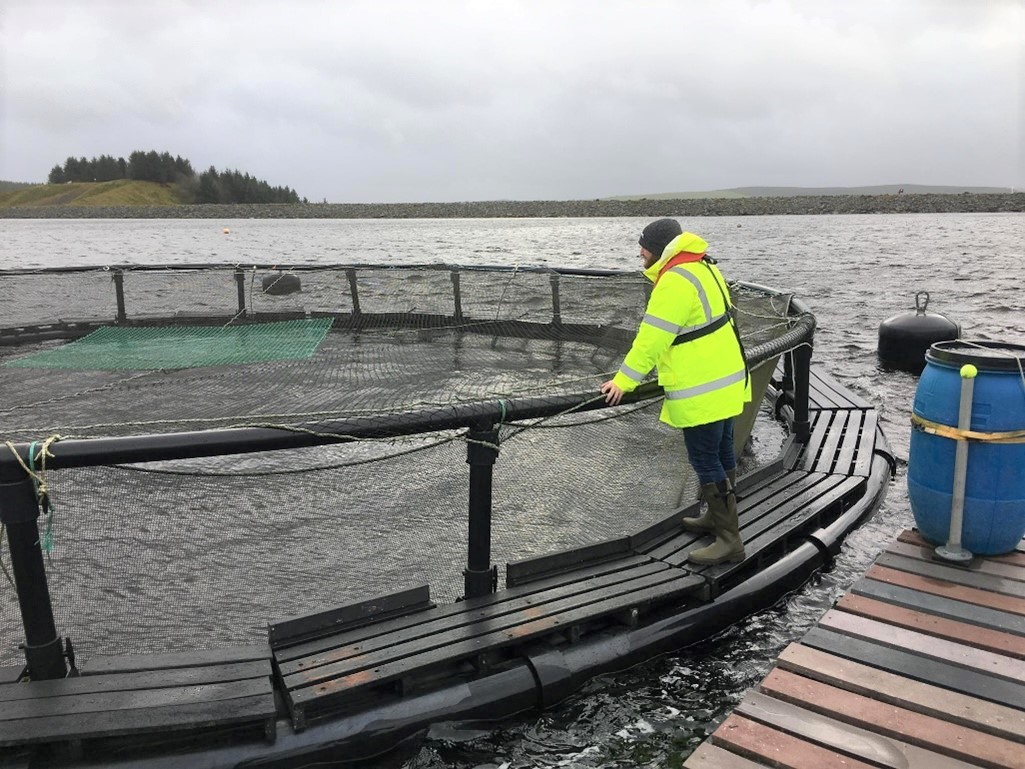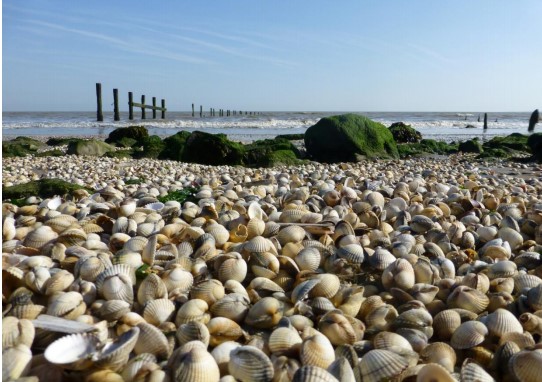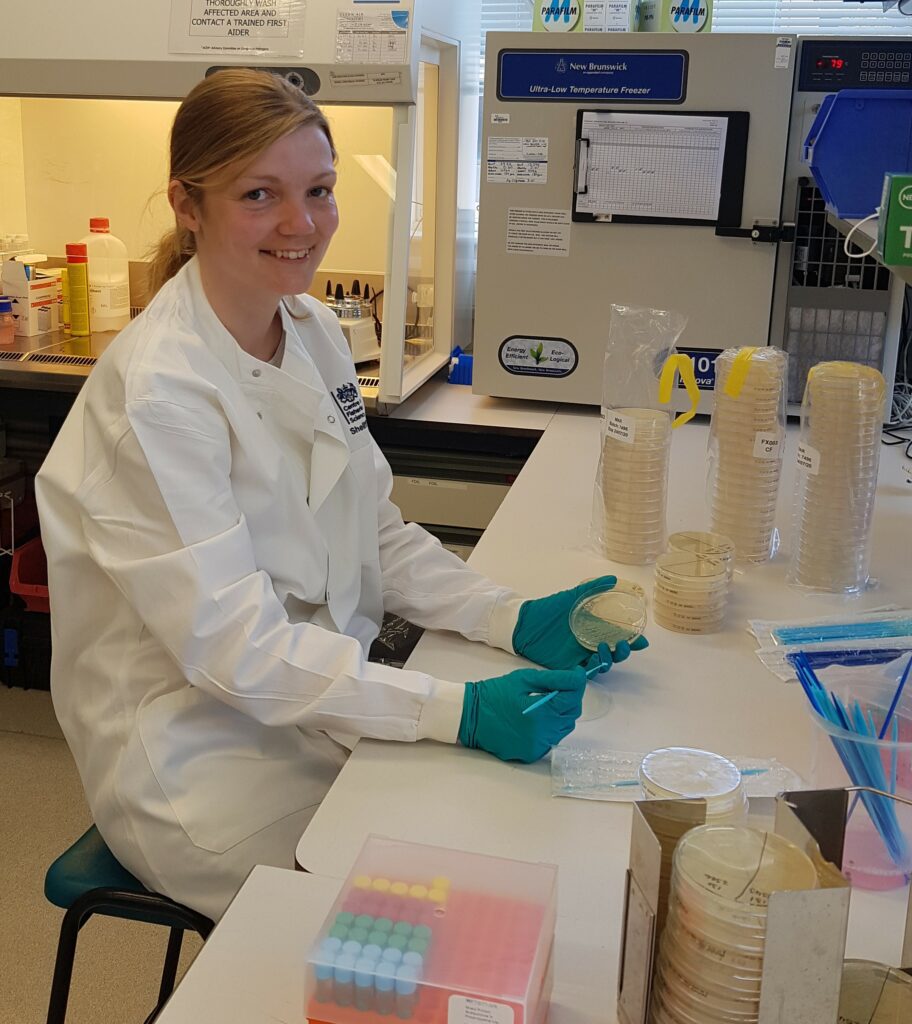Seafood Hazards
The One Food programme team at the Centre for Environment, Fisheries and Aquaculture Science (Cefas) and Animal and Plant Health Agency (APHA) recently visited the FAO head office in Rome, Italy to co-lead a collaborative workshop on multi-hazard monitoring and …
World AMR Awareness Week 2024 takes place this week, 18-24th November, a global campaign to raise awareness and understanding of Antimicrobial Resistance (AMR) and to promote best practices to reduce the emergence and spread of drug-resistant infections. Antimicrobial resistance occurs …
Authors: Julie Bremner (Cefas), Grant Stentiford (Cefas), Flavie Vial (APHA), Essa Suleman (CSIR) The UK government’s Animal and Plant Health Agency (APHA) and Centre for Environment, Fisheries and Aquaculture Science (Cefas) recently attended the 8th World One Health Congress (WOHC) …
Serious diseases pose a threat to aquatic animal health both in aquaculture and in the wild. Many of these diseases have no effective treatment and have the potential to cause high numbers of mortalities in aquatic animals, with the consequent …
Southern Water have recently been fined a record £90m for deliberately pouring sewage into sea. The Environment Agency also highlighted their response to the case which saw 6,971 unpermitted sewage discharges taking place in Kent, Hampshire and Sussex between 2010 …
Safe and sustainable seafood is the core focus of research teams in Cefas’ Weymouth lab, investigating a range of hazards including bacteria, viruses and naturally occurring toxins that impact either human or animal health. Recently Cefas was bequeathed an entire …
